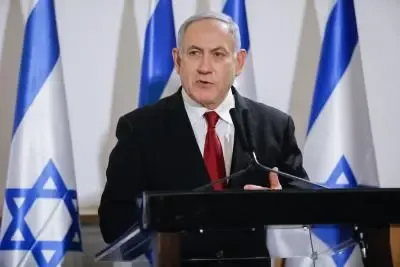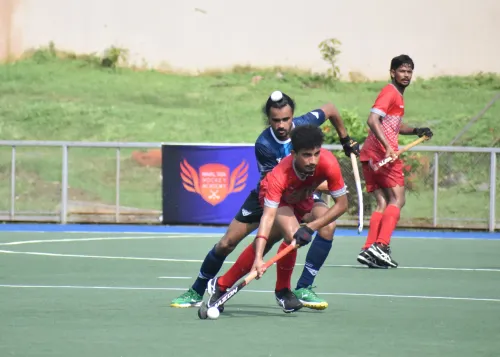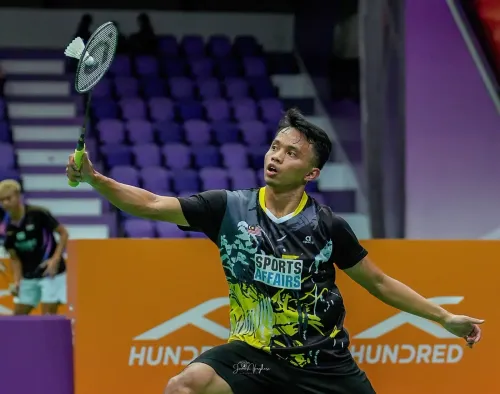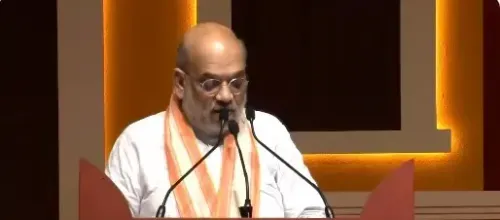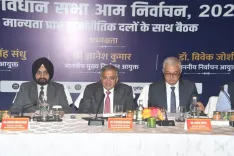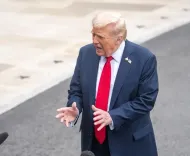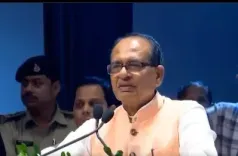Why Did the Madras HC Order Police Protection for Theatres Showing 'Kingdom' Amid NTK Protests?
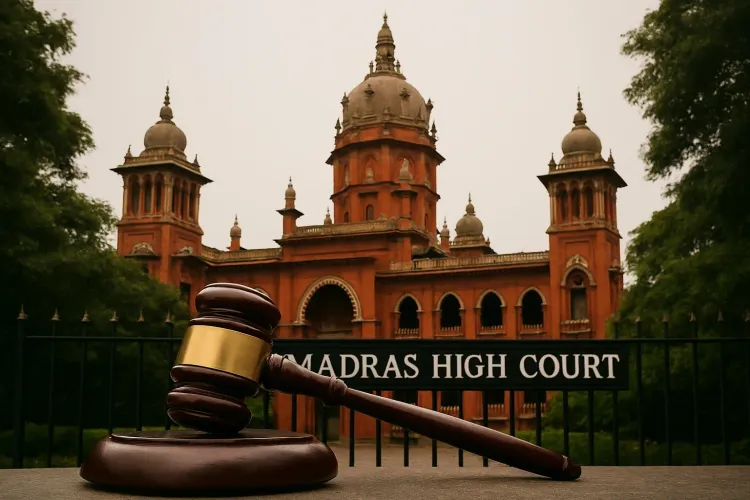
Synopsis
Key Takeaways
- Madras HC orders police protection for theatres showing 'Kingdom.'
- NTK protests erupt over the film's content.
- Artistic freedom must be safeguarded in a democracy.
- Protests should remain peaceful and lawful.
- No group has the right to threaten theatre owners.
Chennai, Aug 7 (NationPress) The Madras High Court has instructed the Tamil Nadu police to provide sufficient security for cinemas showcasing the film Kingdom, starring Vijay Deverakonda, following threats and disturbances reportedly initiated by members of Naam Tamilar Katchi (NTK).
Justice D. Bharatha Chakravarthy issued this order while concluding a writ petition lodged by SSI Production, the entity responsible for the theatrical distribution of the film in Tamil Nadu.
The petitioners claimed that NTK activists had threatened cinema owners and caused disruptions statewide after a social media post by NTK’s leader Seeman, which criticized the film for allegedly misrepresenting the Tamil Eelam narrative.
The legal representative for SSI Production submitted video evidence of damaged posters and promotional materials for the film across various sites. Additionally, it was claimed that protesters had entered certain cinemas, interrupting screenings and trying to deter viewers from watching the film.
Letters allegedly authored by NTK members, warning theatre owners against presenting Kingdom, were also submitted to the court. The government’s attorney informed the court of the arrest of 16 NTK members in relation to these incidents, coupled with multiple protests organized by the party. Nonetheless, Seeman’s legal counsel contended that the protests were conducted peacefully and in a democratic manner.
He asserted that Seeman simply expressed his dissent regarding the film's portrayal and did not incite violence or unrest. He further condemned the filmmakers for supposedly depicting Sri Lankan Tamils as “illegal immigrants” engaged in smuggling.
In response to these arguments, Justice Chakravarthy highlighted the significance of artistic expression within a democratic framework.
“We may not agree with the film's content if it is as objectionable as you claim… But in a democracy, the freedom of artistic expression must always be safeguarded,” he remarked.
While recognizing the right of political parties to protest, he clarified that such demonstrations must remain peaceful, take place with police consent, and occur in designated areas.
Reinforcing that Kingdom is a fictional work approved by the Censor Board, the judge ruled that no individual or group possesses the authority to obstruct its screening or intimidate cinema owners, regardless of their objections to its content.

